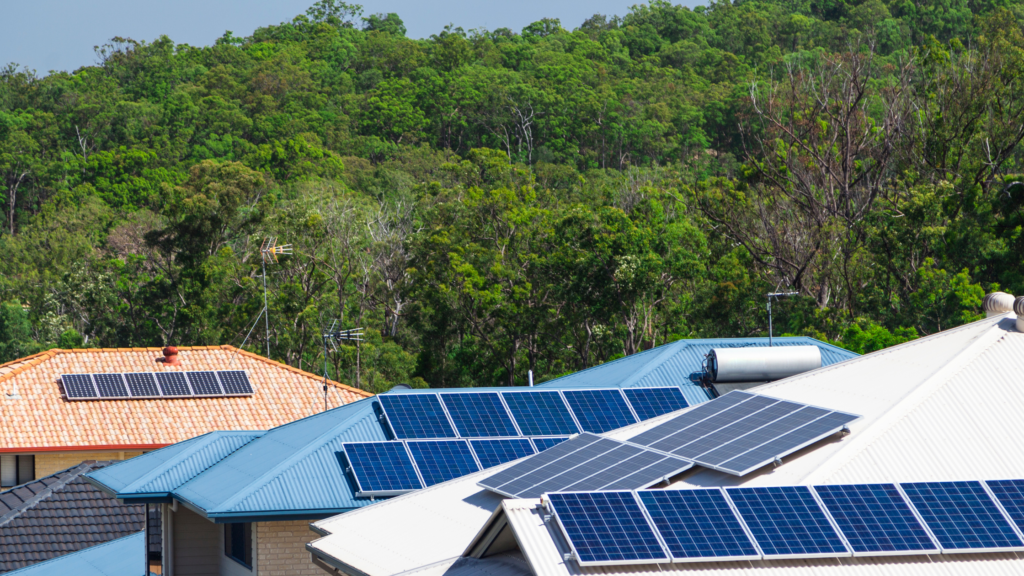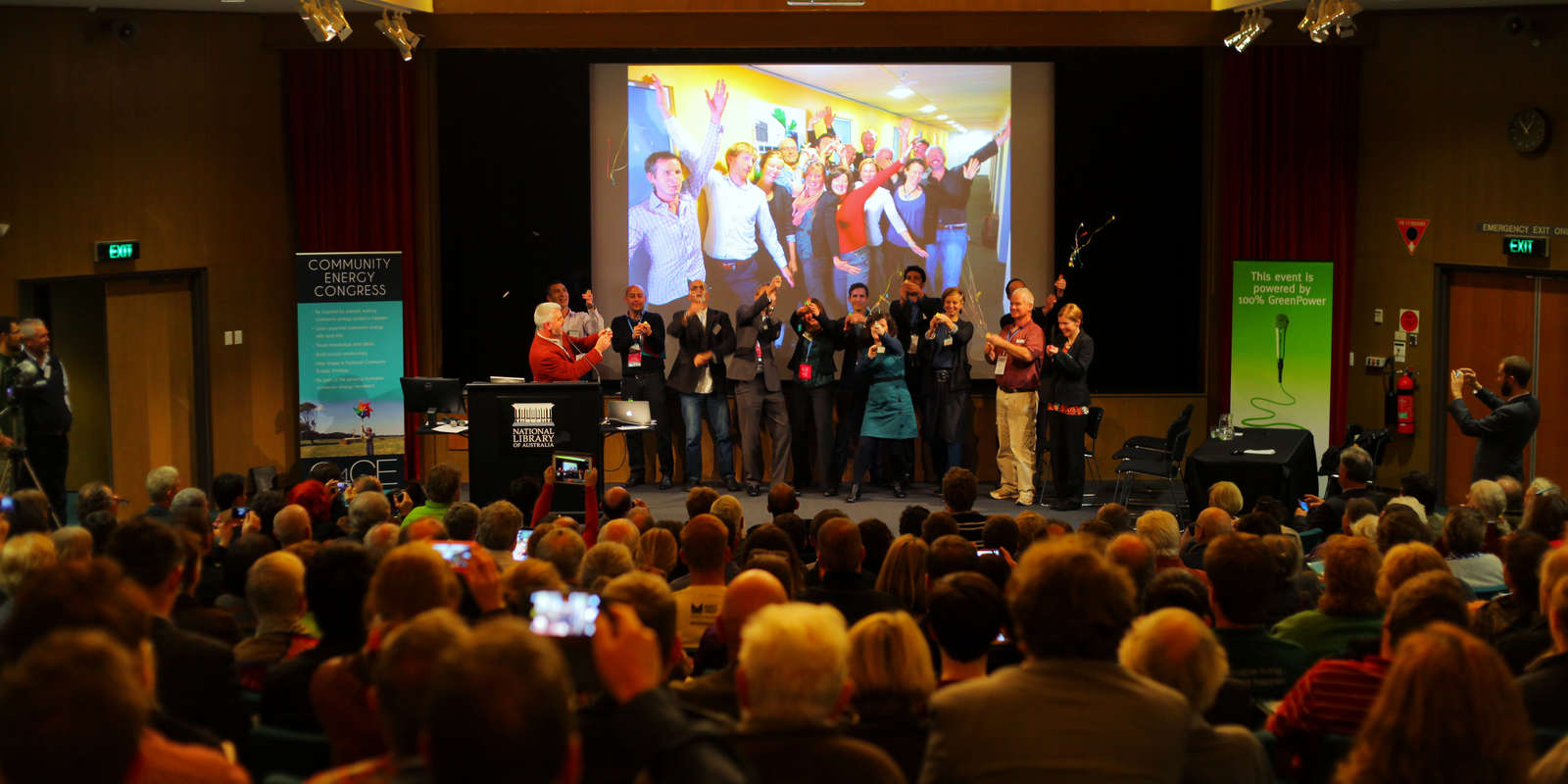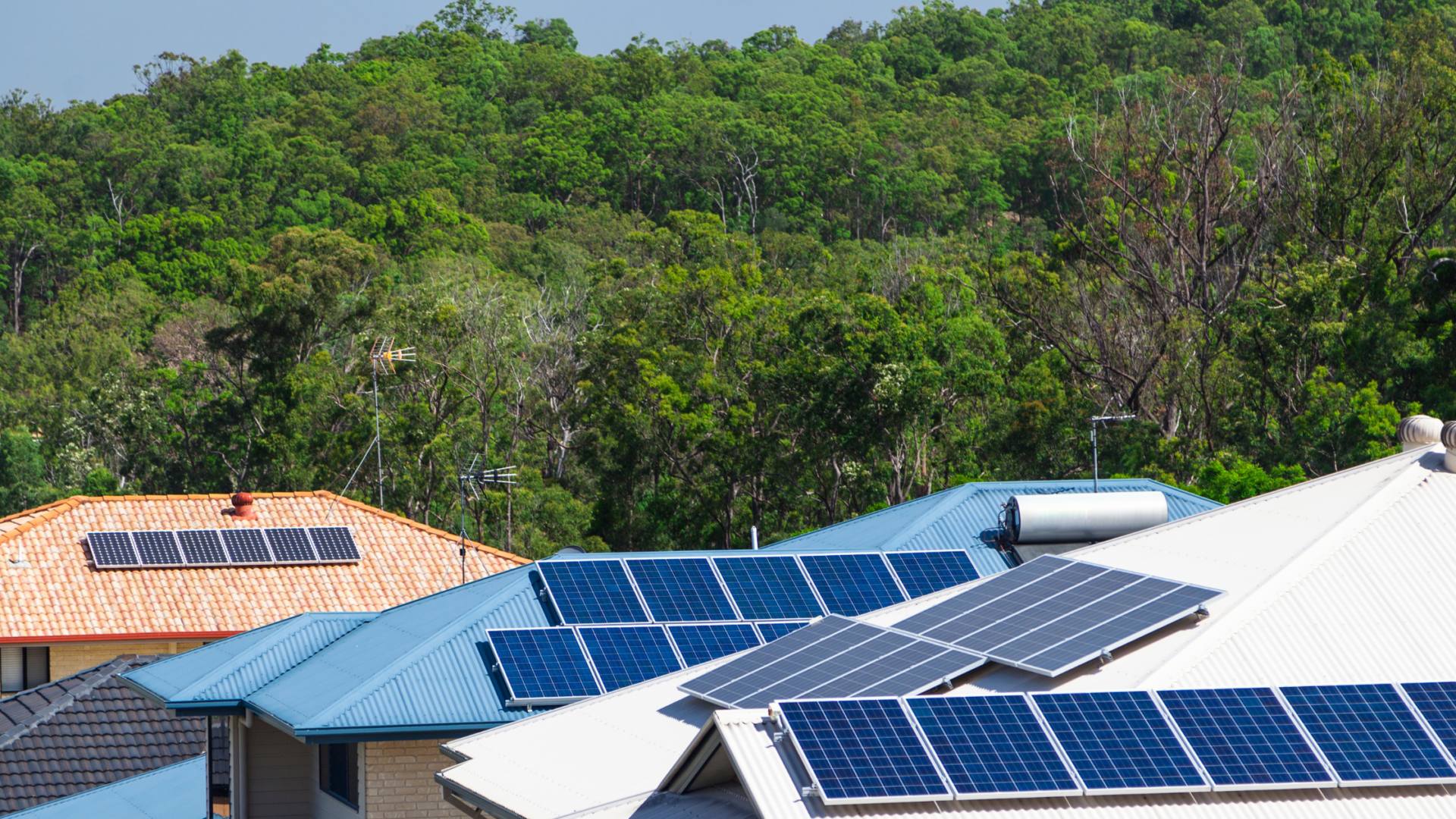Labor’s 2023 Federal Budget has delivered a few hits and a few misses from the perspective of the clean energy transition.
In every context, Community Power Agency looks to the community experience of the energy transition.
Will communities be involved in the process and kept informed? Will local people experience benefits and opportunities, will their needs be considered alongside those of industry and government? Are rural and regional communities included, in the way that urban communities are? Will this contribute to a fairer and faster transition?
It is with these questions in mind that we have assessed the 2023-2024 Federal Budget. Read on to see our take on what works and what doesn’t.
We welcome the investment to support small businesses and households to ‘electrify everything’, and to improve energy efficiency.
This includes the Household Energy Upgrades Fund, which will provide:
- $300 million (over forward estimates) for energy performance upgrades for social housing
- $1 billion to the Clean Energy Finance Corporation for household energy upgrades in partnership with banks and other lenders to upgrade homes with battery-ready solar PV, modern appliances and other improvements
- $36.7 million to expand and accelerate The National Energy Rating Scheme for existing homes, which will help to boost mandatory energy performance rental standards.
Additionally, the Small Business Energy Incentive will offer tax incentives for energy performance retrofits for small businesses, and ACT residents will be able to access concessional loans via the ACT sustainable Household Scheme to electrify or improve energy efficiency of their homes.
These investments provide long term reduction in bills for households, as well as protection from volatility in energy supply, in a way that one-off handouts cannot. It is great to see the Government recognising the benefit of this kind of support, that colleagues, such as the Australian Council of Social Service (ACOSS), have been lobbying for in the lead up to the Budget delivery. With this investment also delivering significant reduction in greenhouse gas emissions, it certainly is a win-win.

We welcome the funding for and legislation of the National Net Zero Authority. The budget includes $83.2 million towards establishing this new very needed body, which will provide oversight and guidance of our clean energy transformation.
The Net Zero Authority will:
- Support workers in emissions-intensive sectors to access new employment, skills and support as the net zero transformation continues.
- Coordinate programs and policies across government to support regions and communities to attract and take advantage of new clean energy industries and set those industries up for success.
- Help investors and companies to engage with net zero transformation opportunities.
The Federal government has highlighted that First Nations groups, alongside industry, unions and state and territory governments will be key stakeholders in the delivery of the Authority’s ambitions. CPA welcomes this pivotal piece in the energy transition puzzle, maintaining that while there needs to be centralised oversight of transition, regional and community voices must also be heard.
We welcome the formal allocation of $12 billion, from the existing $20 billion investment in Rewiring the Nation to go towards transformational transmission projects. Investment in upgrading our transmission infrastructure is critical to our meeting net zero targets and should be done in a way that minimises potential impacts on biodiversity while involving community in the corridor placement.
The transmission investment includes:
- $1 billion in Tasmania’s Battery of the Nation projects
- $1.5 billion towards Renewable Energy Zones and offshore wind in Victoria
- $4.7 billion to unlock critical transmission in New South Wales.
Through our continued work on the ground in regional host communities, in particular the New England region, we have learned that any large scale infrastructure development, be it transmission or renewables projects, must involve and benefit local communities. We continue to advocate for a fair and fast transition to renewables (which includes the necessary transmission) in ways that provide genuine means for locals to participate, have a say and receive tangible benefits.
It is disappointing to see funding measures in the budget which provide over $33 million public subsidies for the continued operation of fossil fuel industries; the world’s largest carbon emitters.
Also incredibly disappointing are the miniscule changes to the Petroleum Resource Rent Tax (PRRT), which aims to limit the proportion of PRRT assessable income that can be offset by deductions to 90 percent. These projects can currently deduct their capital costs against their tax liabilities, which has resulted in PRRT returning no or little tax revenue from these projects despite generating superprofits ($63bn in 2022/23).
The result of a 1% increased share to taxpayers in the words of Tim Buckley is “very pedestrian relative to the LNG export industry’s windfall war-profiteering and oversized contribution to Australian domestic energy price hyperinflation [1].
International experts agree that we need to rapidly scale down the use of fossil fuels, including gas, not just continue its ongoing operation, albeit with small improvements to decarbonisation attempts.
CPA supports budgetary measures which fast tracks Australia to be powered by 100% renewable energy, through processes that improve community involvement and participation in the energy transition.
By investing in energy efficiency in homes, the electrification of everything, a Net Zero Authority and transmission infrastructure, the government is making steps towards a more equitable renewable energy system. It’s a good start, and a workable platform on which non-profit organisations like CPA can contribute to a better energy future.
[1] – Labor’s Budget is good for climate and renewables and great for the gas cartel

